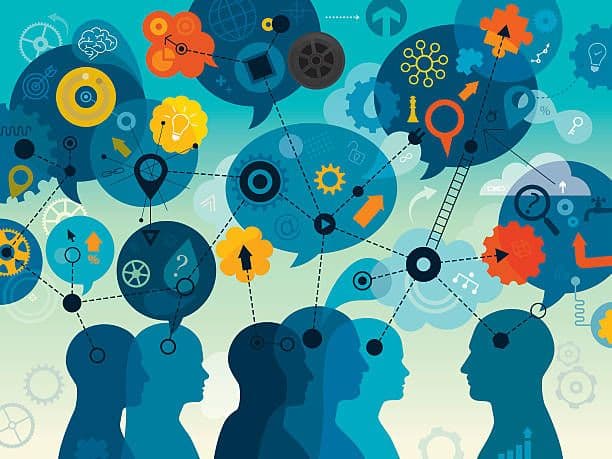Philosophy Talk
2023-07-20
Why (Not) Trust Science?

This week we’re asking why we should trust science—which may sound like a weird question. After all, why would we doubt the method that helps us build bridges and skyscrapers, formulate life saving medicines, and understand the cosmos?
A first question here is why some people don't trust good science. Ignaz Semmelweis, a doctor in 19th-century Vienna, had a revolutionary idea. Everybody around him thought that patients were dying because they had “an imbalance of humors”; Semmelweis gathered data to show that washing your hands between patients was a great way to keep them alive. That should have disproven the “imbalance of humors” theory, but Semmelweis' colleagues were not impressed. He couldn’t convince them that disease is caused by tiny blobs you can’t see. So scientific discoveries sometimes have a hard time being trusted when they're well-grounded, well-argued, and even life-saving. People don't always want to face the facts.
But there's a deeper, more philosophical question about trust in science. Should we think that any of our scientific claims and theories are true? After all, scientists have had a lot of theories over the centuries, and most of them were wrong. Astronomers used to think the sun revolved around the earth; doctors used to think leeches could cure disease; history is littered with disproven theories.
One response to this is to say that this history argues in favor of science, not against it: after all, the reason scientists don’t think those things any more is because they proved them wrong, using the scientific method. And yes, some of what we believe now will likely be proven wrong in the future, but if we just keep gathering evidence and testing hypotheses, maybe we can hope to reach the truth eventually. Like Sherlock Holmes at a crime scene, we just keep on rejecting bad ideas until what we're left with is the truth, my dear Watson.
But just how reliable is the scientific method? Galileo used it, and he ended up concluding that the tides were caused by the Earth’s rotation, rather than by the moon's gravitational pull.
And how reliable is testing? Part of the problem here is that we don't always know what our tests are showing us. If your measurements don’t match your theory, that could just mean your telescope is broken, or there’s dust on your lens.
All that said, let's be honest here: the very people raising these doubts are doing so by typing on a computer keyboard and sending the resulting text into space. (Not to mention that their work is very likely fueled by coffee brewed in a fancy espresso machine.) And anyone reading this blog is relying on the electricity flowing into their phone or computer to turn my keystrokes into legible pixels. So all those intellectual doubts are a lot of fun, but when push comes to shove, even the skeptics need to trust science just as much as anyone.
So science works—but does that mean it’s true? Our guest will surely have some thoughts on that score: it’s Ann Thresher from Stanford, co-author of a new book, The Tangle of Science Reliability Beyond Method, Rigour, and Objectivity.